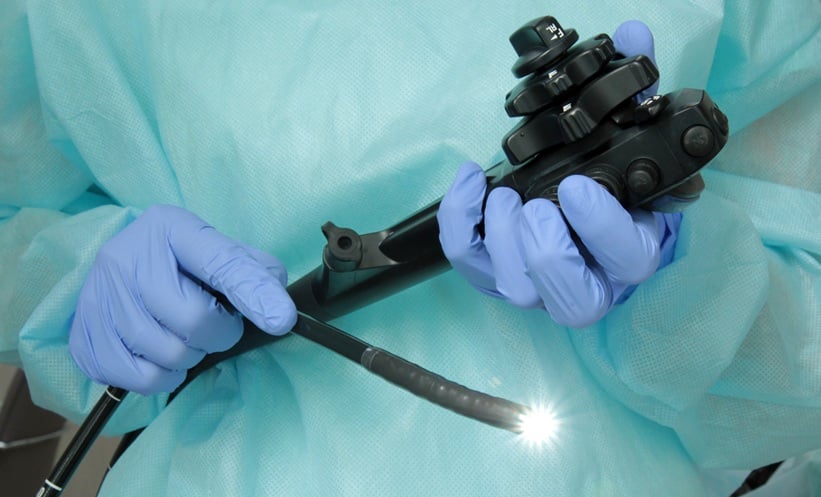A major population study in Iran has found no significant association between gastro-oesophageal reflux disease (GORD) and increased risk of tooth decay, challenging assumptions about the oral health impact of chronic acid reflux.
The analysis, based on data from over 10,000 participants in the PERSIAN Guilan Cohort Study, compared DMFT (decayed, missing, and filled teeth) index scores between individuals with and without GORD. The average DMFT score in the GORD group was 14.41, closely matching the 14.59 score in non-GORD participants; a difference that was not statistically significant.
While GORD itself was not linked to higher rates of dental decay, the study did identify modifiable risk factors that correlated with poor dental health in patients with GORD, including older age, smoking, alcohol use, low BMI, poor oral hygiene, and lower educational levels. Notably, lack of regular tooth brushing had a substantial negative impact on dental outcomes across both groups.
The researchers concluded that tooth decay in patients with GORD is likely influenced more by lifestyle and socioeconomic factors than by reflux itself, though they recommend further longitudinal studies to clarify any potential long-term effects of acid exposure on oral health.
Reference
Samami M et al. Association between gastroesophageal reflux disease and DMFT index in the PERSIAN Guilan Cohort Study. Sci Rep. 2025; DOI: 10.1038/s41598-025-13744-3.








